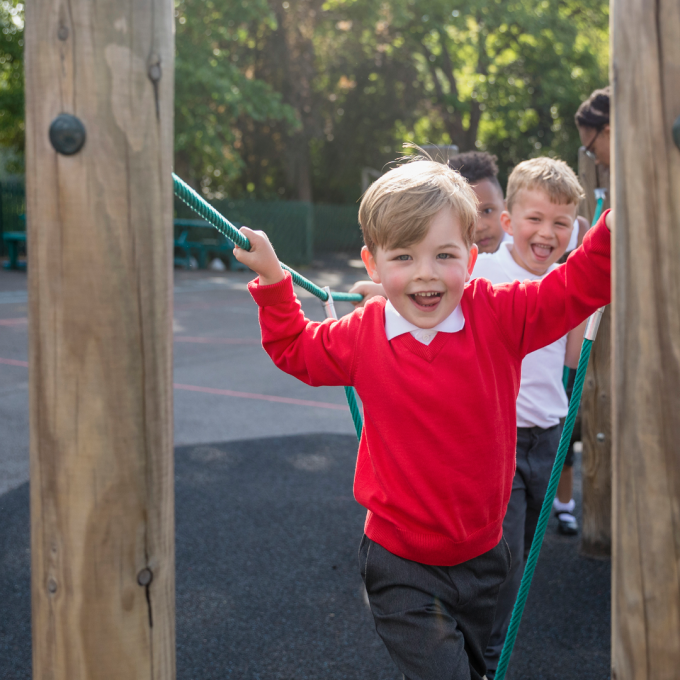In July, the Government announced that children in England would benefit from a £1 billion Covid "catch-up" package to tackle the impact of lost teaching time during the pandemic. While some £350 million of this has been set aside for a National Tutoring Programme to give access to high-quality tuition for the most disadvantaged young people, the remainder is allocated per pupil for headteachers to decide how it is spent, based upon their assessment of need.
This one-off grant is available for all state-funded mainstream and special schools, and alternative provision. Allocations are calculated on a per pupil basis, providing each mainstream school with a total of £80 for each pupil from reception to Year 11. Special, alternative provision and hospital schools will be provided with £240 for each place for the 2020 to 2021 academic year.
Government guidance notes suggest that headteachers read an Education Endowment Foundation document which sets out examples of effective approaches that schools could take in order to help them decide how to allocate this funding. This document makes it clear that need should not just be assessed against attainment criteria, saying: "Interventions might focus on other aspects of learning, such as behaviour or pupils' social and emotional needs…."
So, like the pupil premium, headteachers may decide that their funding is best spent on focusing on pupils' mental health and resilience so that children are better able to engage with life and learning, which will, in turn, lead to improved educational attainment. This is why the Thrive Approach® focuses on promoting wellbeing and preventing mental health issues - because we believe that once a child is secure in their relationships and able to process and articulate their emotional needs, they are ready to learn and make progress with attainment outcomes.
Sharon Gray, a Thrive® trainer and independent consultant with Wholehearted Learning, wrote the Thrive Reconnecting after Lockdown webinar and has been heavily involved in helping schools to develop a recovery curriculum to support children as they return to classroom-based learning. Sharon, a former headteacher who was named Teacher of the Year at the Pride of Britain Awards in 2013, believes that schools now have an opportunity to help pupils of all ages to reconnect and rebuild emotional resilience with a strong focus on relationships.
In a guest blog for the Thrive Approach website Sharon wrote: "Without a doubt, resilience is a skill which all our children need to develop, and by coming together as a community through this pandemic, and by providing the right relational support, we can help our children to develop resilience."
Like the pupil premium, schools are expected to evidence the results of the catch-up funding so that it has the best chance of maximising impact. Ofsted will conduct a programme of non-graded visits to some schools during the autumn. During these visits, inspectors will discuss how the school is bringing pupils back into full-time education which may include plans schools have to spend their catch-up funding. When routine inspections restart, Ofsted will make judgements about the quality of education being provided, and that will include how leaders are using their funding, including catch-up funding. We know that many of the schools that use the Thrive Approach will be using the Thrive-Online® (TOL) profiling tool as it's an easy and effective way to evidence these results by mapping children's progress on an individual, class and school basis.
Over to you
Reduced anxiety and behavioural incidents. Calmer classrooms filled with engaged leaners. Improved relationships with parents and carers. These are just some of the outcomes reported by settings embedding Thrive’s whole-school approach to mental health and wellbeing. Are you ready to join them? Click here to get started.
Pass it on
Small actions can lead to a big ripple effect. If you enjoyed this post or found it helpful, please consider supporting us in our mission to help every child and young person feel safe, supported and ready to learn by sharing it using the social media buttons below.
Want to join a like-minded community of senior leaders and classroom staff benefitting from insights and strategies to improve attendance, behaviour and attainment? Add your email address below. (It’s easy to unsubscribe).






(1)_680.jpg)
_680.jpg)

_680.jpg)